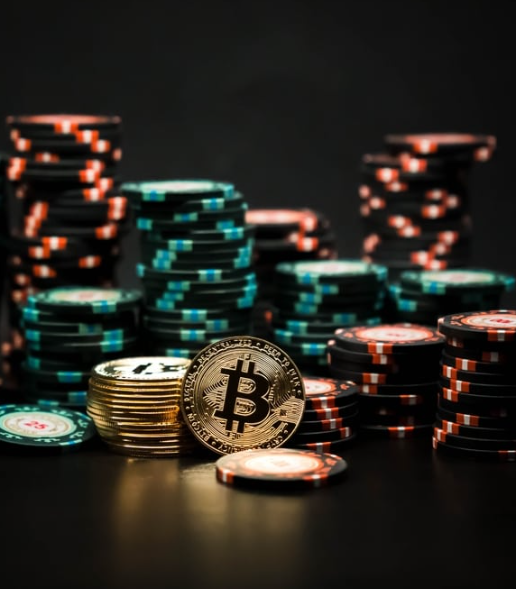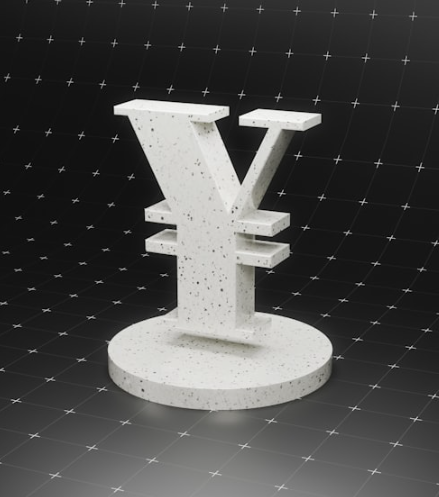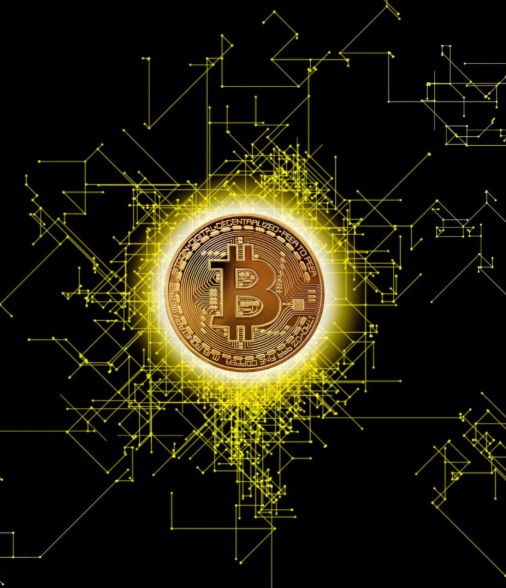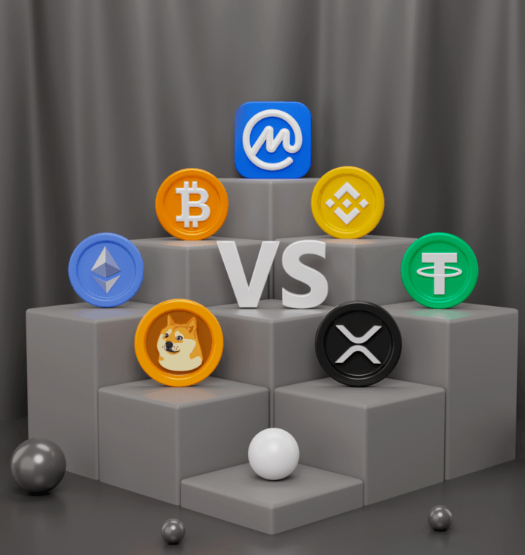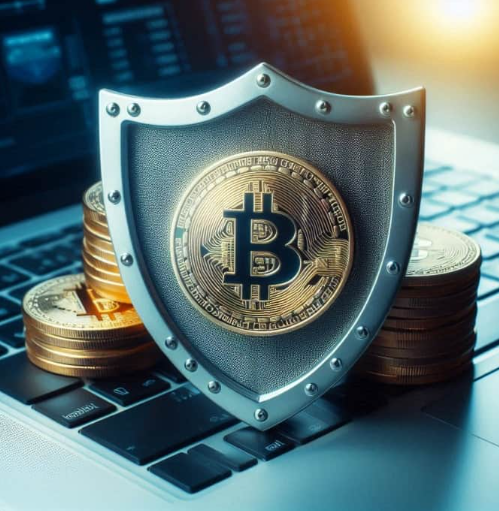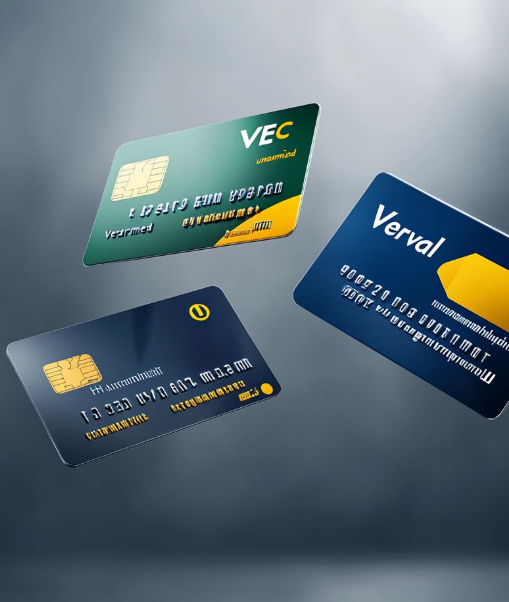Navigating the world of cryptocurrency can often be overwhelming, with new terminology and concepts constantly emerging. One fundamental distinction that every crypto enthusiast needs to understand is the difference between coins and tokens. Although both are digital assets, they operate in unique ways and serve different purposes within the broader blockchain ecosystem.
In this blog, we’ll break down the differences between coins and tokens, explore their roles in the cryptocurrency space, and explain why understanding them is vital for anyone involved in digital assets.
What Are Coins in Cryptocurrency?
Coins are digital assets that are native to a specific blockchain. For example, Bitcoin (BTC) operates on the Bitcoin blockchain, while Ether (ETH) runs on the Ethereum blockchain. Coins are primarily designed to function as a medium of exchange, a store of value, or a unit of account—similar to traditional money but in a decentralized, digital form.
Key Characteristics of Coins:
- Native to a Blockchain: Coins are integral to their respective blockchains, playing a central role in their ecosystems. For example, Bitcoin is the foundation of the Bitcoin network.
- Primary Use Cases: Coins are mainly used for payments, transaction fees, and as a store of value. Bitcoin is often referred to as “digital gold” because of its use as a long-term store of value.
- Security and Decentralization: Coins rely on consensus mechanisms, such as Proof of Work (PoW) or Proof of Stake (PoS), to maintain network security and decentralization.
What Are Tokens in Cryptocurrency?
Tokens are digital assets that are built on top of existing blockchains. Unlike coins, tokens utilize the infrastructure of established blockchains like Ethereum, Binance Smart Chain, or Solana. Tokens are more versatile and can represent various assets or functions within specific ecosystems.
Key Characteristics of Tokens:
- Built on Existing Blockchains: Tokens are created using the standards of existing blockchains, such as ERC-20 for Ethereum or BEP-20 for Binance Smart Chain.
- Diverse Use Cases: Tokens can represent a wide range of assets, including digital art (NFTs), governance rights, utility in decentralized applications (dApps), or even real-world assets like stocks and real estate.
- Programmability: Many tokens are programmable, enabling them to interact with smart contracts and participate in features like staking, lending, or voting.
Key Differences Between Coins and Tokens
| Aspect | Coins | Tokens |
|---|---|---|
| Blockchain Dependency | Coins are native to their own blockchain. | Tokens depend on existing blockchains. |
| Functionality | Primarily used for payments, transaction fees, and storing value. | Serve multiple purposes, such as powering dApps, governance, or representing real-world assets. |
| Creation | Coins require the creation of a new blockchain. | Tokens are built on existing blockchain standards (e.g., ERC-20, ERC-721). |
| Examples | Bitcoin (BTC), Litecoin (LTC), Ether (ETH) | Uniswap (UNI), Chainlink (LINK), Tether (USDT) |
The Roles of Coins and Tokens in Cryptocurrency
Coins: The Backbone of Blockchain Networks
Coins form the foundation of blockchain networks. They are crucial for maintaining the integrity and security of the network. For example, Bitcoin’s coin secures its blockchain, while Ether facilitates the execution of smart contracts on the Ethereum network.
Tokens: Empowering Innovation and Versatility
Tokens bring additional functionality and flexibility to blockchain ecosystems. From decentralized finance (DeFi) protocols to gaming platforms and tokenized assets, tokens are key to driving the most innovative developments in blockchain. Stablecoins like USDT provide stability, while governance tokens like UNI give users a voice in platform decisions.
Choosing Between Coins and Tokens
When deciding whether to invest in coins or tokens, the choice largely depends on your goals and interests:
- Investors: Coins are often preferred by those seeking long-term value preservation or broad exposure to cryptocurrency markets. Tokens may appeal more to investors interested in specific projects or decentralized applications.
- Developers: If you’re looking to build a new blockchain network, coins may be the way to go. Developers focused on creating decentralized applications or services tend to lean towards tokens.
- Businesses: Companies looking to tokenize assets or integrate blockchain into their operations often opt for tokens because of their flexibility.
Challenges and Considerations
There are a few factors to consider when dealing with both coins and tokens:
- Regulatory Uncertainty: Both coins and tokens face varying degrees of regulatory scrutiny, which can affect their adoption and use.
- Security Risks: Tokens are particularly vulnerable to smart contract bugs and exploits, which can result in the loss of funds.
- Market Volatility: The cryptocurrency market is highly volatile, which applies to both coins and tokens.
The Future of Coins and Tokens
As blockchain technology evolves, the roles of coins and tokens are likely to become more distinct and interconnected. Coins will continue to serve as the foundational elements of blockchain networks, ensuring security and supporting network operations. Meanwhile, tokens will continue to drive innovation, unlocking new use cases that expand the applications of blockchain technology.
With increasing blockchain interoperability, the lines between coins and tokens may begin to blur. However, understanding their differences will remain essential as the crypto ecosystem grows and matures.
Conclusion
Coins and tokens each serve vital but different roles in the cryptocurrency landscape. While coins provide the security and foundational elements of blockchain networks, tokens enable innovation and expand the possibilities of decentralized applications and services. Whether you’re an investor, developer, or business, understanding the differences between coins and tokens is crucial for navigating the crypto world successfully.
By recognizing how each type of digital asset functions and contributes to the blockchain ecosystem, you can make more informed decisions and engage more effectively in the rapidly changing world of cryptocurrency.




